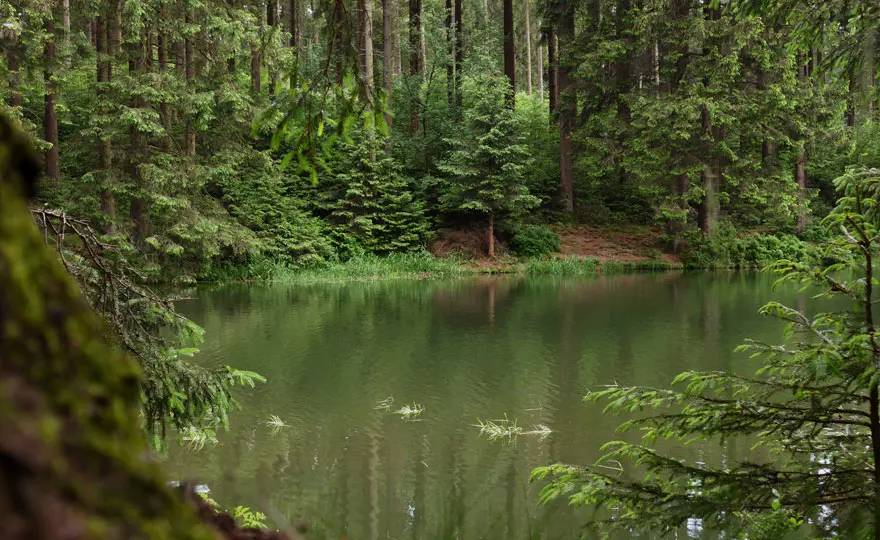ClientEarth Communications
1st October 2019


One of the new cases announced in the European Commission’s July package of infringement decisions concerns access to justice in environmental matters in Poland. The issue at stake is the barriers that the public and NGOs face to challenging forest management plans before domestic courts.
The management plan for the Bialowieza Forest District received wide media coverage when the Minister of Environment increased three-fold the limit on timber harvest for the 2012-2021 period. As the Bialowieza Forest is a Natura 2000 site, the EU Habitats Directive requires the forest management plans, which regulate activities such as logging, to undergo an assessment of their effects on the site before authorisation. EU law also requires that the public and environmental NGOs have access to courts to challenge such plans. This was not the case in Poland. While, in general, such assessments are carried out, Polish law does not provide access to justice with regard to forest management plans. As these plans may have significant effects on Natura 2000 sites, the public interest is, thereby, deprived of effective judicial protection under the Habitats Directive in this regard.
This was put in evidence when ClientEarth, alongside the Polish Commissioner for Human Rights, challenged these controversial forest plans before the domestic courts only for the complaint to be dismissed as inadmissible by the Regional and Supreme Administrative Courts. The domestic courts held that the State Forests exercised its ownership rights through the Forest Management Plan and, therefore, it could not be challenged in administrative proceedings. As a result, in 2016 ClientEarth together with Polish and international NGOs decided to call on the European Commission to investigate an illegal plan to log Białowieża forest
In its reply to a letter of formal notice, Poland agreed to consider amending its forest law regarding the exceptions for forest management, however, to date, no tangible progress has been made. If Poland fails to act within two months, the case may be referred to the Court of Justice of the EU.
The lack of possibility to challenge the forest management plans before domestic courts violates not only the EU law but also the international law. It is contrary to the Aarhus Convention, which sets out rules that members of the public should be able to challenge decisions in breach of provisions relating to the environment. Therefore, in 2017 ClientEarth sent a communication to the Aarhus Compliance Committee on the lack of proper implementation of Art. 9(3) of the Aarhus Convention with relation to forest management plans. The case ACCC/C/2017/154 was declared admissible and is currently pending before the Committee.
It is necessary to highlight that access to justice is crucial to ensure the correct implementation of environmental legislation. A strong reaction from the European Commission would give the public in Poland a clear indication that the European Union shares this opinion.
Access to Justice is a fundamental means through which citizens and NGOs can support the implementation and enforcement of laws and policies to protect the environment. The goal of this ATOJ-EARL project is to achieve “Access to Justice for a Greener Europe”. It strives to enhance access to justice in environmental matters by providing information, training and support for the judiciary, public authorities and lawyers of eight European member states. ClientEarth and Justice and Environment are implementing this project with the financial support of the European Commission’s LIFE instrument.
